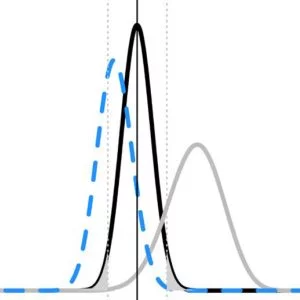
Doing Clinical Research: Biostatistics with the Wolfram Language
FREE
This course has a singular and clear aim, to empower you to do statistical tests, ready for incorporation into your dissertations, research papers, and presentations. The ability to summarize data, create plots and charts, and to do the tests that you commonly see in the literature is a powerful skill indeed. Not only will it further your career, but it will put you in the position to contribute to the advancement of humanity through scientific research. We live in a wonderful age with great tools at our disposal, ready to achieve this goal. None are quite as easy to learn, yet as powerful to use, as the Wolfram Language. Knowledge is literally built into the language. With its well–structured and consistent approach to creating code, you will become an expert in no time. This course follows the modern trend of learning statistical analysis through the use of a computer language. It requires no prior knowledge of coding. An exciting journey awaits. If you wanting even more, there are optional Honors lessons on machine learning that cover the support in the Wolfram Language for deep learning. The University of Cape Town is the oldest university in South Africa and is one of the …
Instructor Details
Courses : 2
Specification: Doing Clinical Research: Biostatistics with the Wolfram Language
|
2 reviews for Doing Clinical Research: Biostatistics with the Wolfram Language
Add a review Cancel reply
This site uses Akismet to reduce spam. Learn how your comment data is processed.

| Price | Free |
|---|---|
| Provider | |
| Duration | 10 hours |
| Year | 2020 |
| Level | Beginner |
| Language | English |
| Certificate | Yes |
| Quizzes | No |

FREE






Bernardine R W C K –
I learned a lot about the use of wolfram language in statistical analysis as applied to clinical research. Dr. Juan Klopper’s explanations were clear and very helpful. It’s a worthwhile course to take!
Tirtha N –
Many of the coding languages does not work in the new versions of Mathematica e.g. SemanticImport. Some of the questions are wrong. In one of the questions of the final exam, they asked about the standard deviation but the options were given for mean.